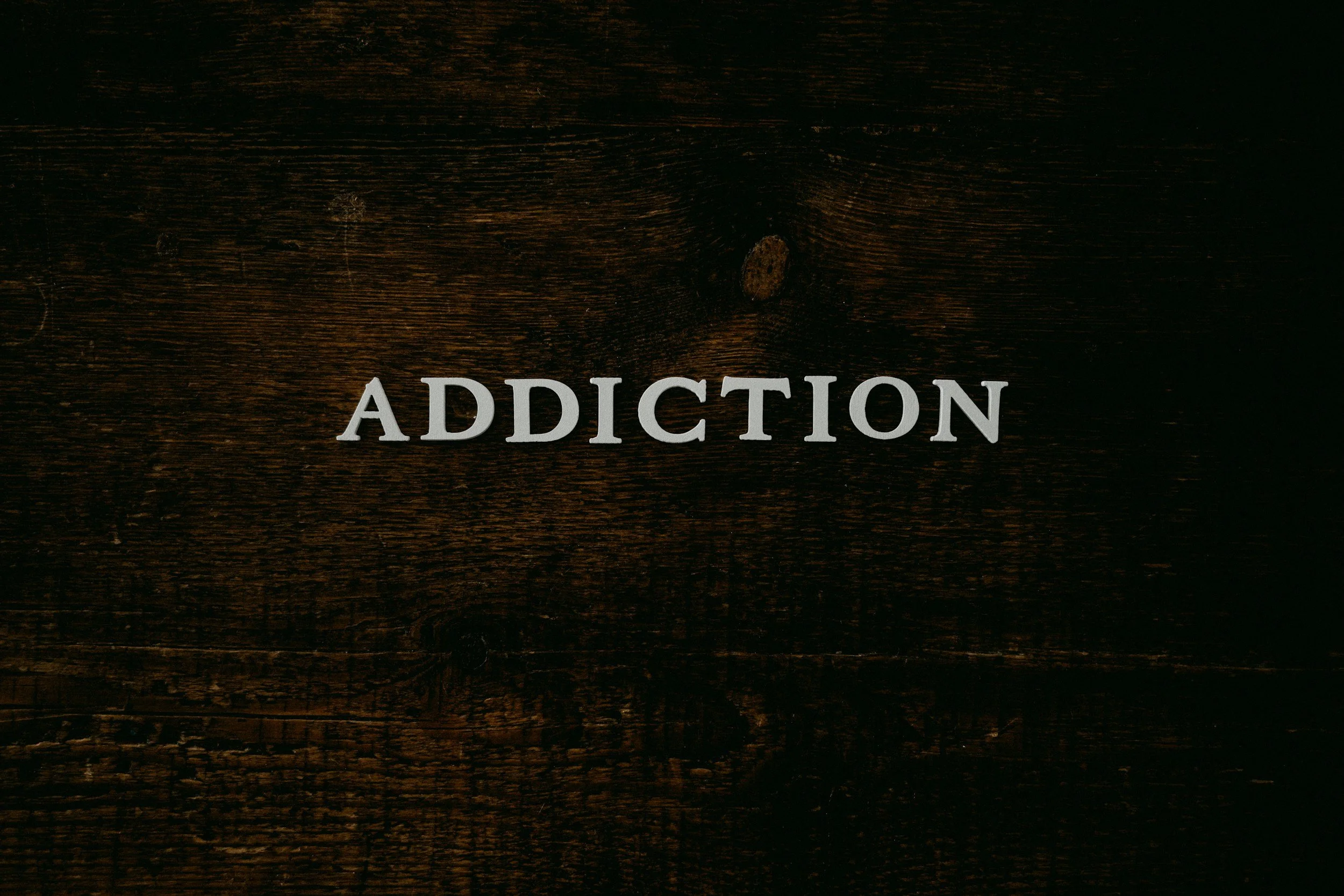Holding Space for What Hurts
Addiction rarely exists in a vacuum. Beneath the behaviors—whether it’s alcohol, substances, gambling, or compulsive scrolling—there often lies a complex inner world shaped by pain, unmet needs, and deep emotional conflict. And one of the most powerful emotional undercurrents I see in my work with people struggling with addiction is guilt.
It shows up in therapy like a heavy presence in the room
“I can’t believe I did that again.”
“I hurt the people I love. How do I even begin to make that right?”
“I should’ve known better.”
If you’re reading this and these words sound familiar, you’re not alone.
Guilt as a Double-Edged Sword
Guilt is often more than just a reaction to specific actions. It can also reflect internalized beliefs we’ve carried for years—sometimes decades. These beliefs often stem from early relationships, where love may have been conditional or where we felt we had to perform a certain way to be accepted.
For some, addiction becomes the way to cope with feelings they were never allowed to have—rage, fear, loneliness, even joy. But when those coping strategies begin to hurt others or derail life in painful ways, guilt emerges, often overwhelming and relentless.
And here’s the paradox: guilt can sometimes keep us stuck. Not because we don’t care, but because we care so much that the weight of our remorse becomes incredibly painful. We turn back to the substance or the behavior, not out of selfishness, but out of desperation to distract from the pain inside.
Guilt and the Need to Be Seen
Addiction is often tangled up in the fear of being too much or not enough for others. Guilt becomes not just a feeling about what we’ve done, but a reflection of who we believe we are. Many of my clients carry the unspoken question: “If you knew what I’ve done, would you still care about me?”
This is why healing from addiction is not just about stopping a behavior. It’s about being seen—fully, honestly, and with compassion. In therapy, we create a space where guilt is not shamed or silenced but named and held, with warmth and accountability side by side. We explore the origin stories of that guilt, the ways it has shaped identity, and the possibilities for healing within relationship—with others and with the self.
Making Space for the Hard Stuff
Guilt, like all emotions, is not the enemy. In fact, it often points to values—the things that matter most. If you feel guilt because you hurt someone, it’s likely because you care deeply about connection, integrity, or love.
I invite my clients to make space for guilt, not to wallow in it, but to stop running from it. When we stop avoiding or numbing, we can ask:
What is this guilt trying to tell me about what I value?
How can I acknowledge my past without being consumed by it?
What actions can I take now, even while guilt is still here?
Recovery doesn’t mean becoming guilt-free. It means learning to live with guilt, rather than under it. And often, a helpful pathway is formed through committed action—taking steps, however small, toward what matters.
If you’re struggling with addiction and the crushing feeling of guilt, I want to offer this: You are not the sum of your worst moments. Guilt is a sign of your humanity, not your failure.
Healing takes time. It often means going inward, exploring old wounds, rebuilding trust, and committing (again and again) to living from a place of clarity and compassion. It means learning to hold yourself accountable and offer yourself kindness.
And most importantly, it means remembering that you don’t have to do it alone.
Written by: Jessie Beebe
